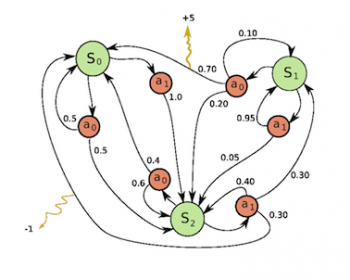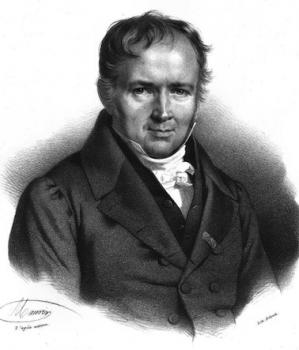In probability, stochastic processes represent a collection of variables which are completely random in nature. The term “random processes” is also used sometimes in place of stochastic processes and holds the exact meaning.
Stochastic processes resemble a system which can evolve over time randomly. This is opposite from deterministic systems. Deterministic systems can only unfold in one direction from the initial starting point. Conversely, stochastic processes can develop basically in an infinite number of directions from the beginning point.
In probability, stationary processes are one of the most important classes of stochastic processes. For stationary processes, the time axis has no origin for the process and thus, at any point for which the stochastic processes are observed, its behaviour will be the same. Random variables distributed in a sequence identically and independently are an example of a stationary process.
Stochastic processes can deal with variables which exist in either discrete sets or continuous sets. If the parameter were “T” for example, a discrete set may look like T = {0, 2, 4, 6, 8, 10 …}. On the other hand, a continuous set may look like T = {- infinity, 0, + infinity}.
Essentially, stochastic processes resemble random functions. Some common examples of stochastic processes practiced in the study of probability include Markov processes and Poisson processes.
© BrainMass Inc. brainmass.com July 25, 2024, 3:55 pm ad1c9bdddf

